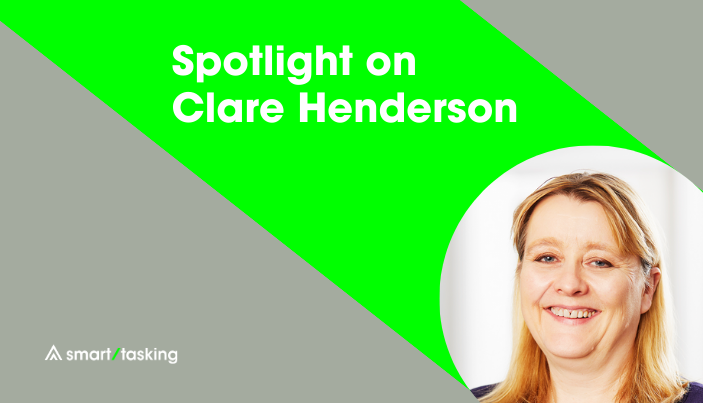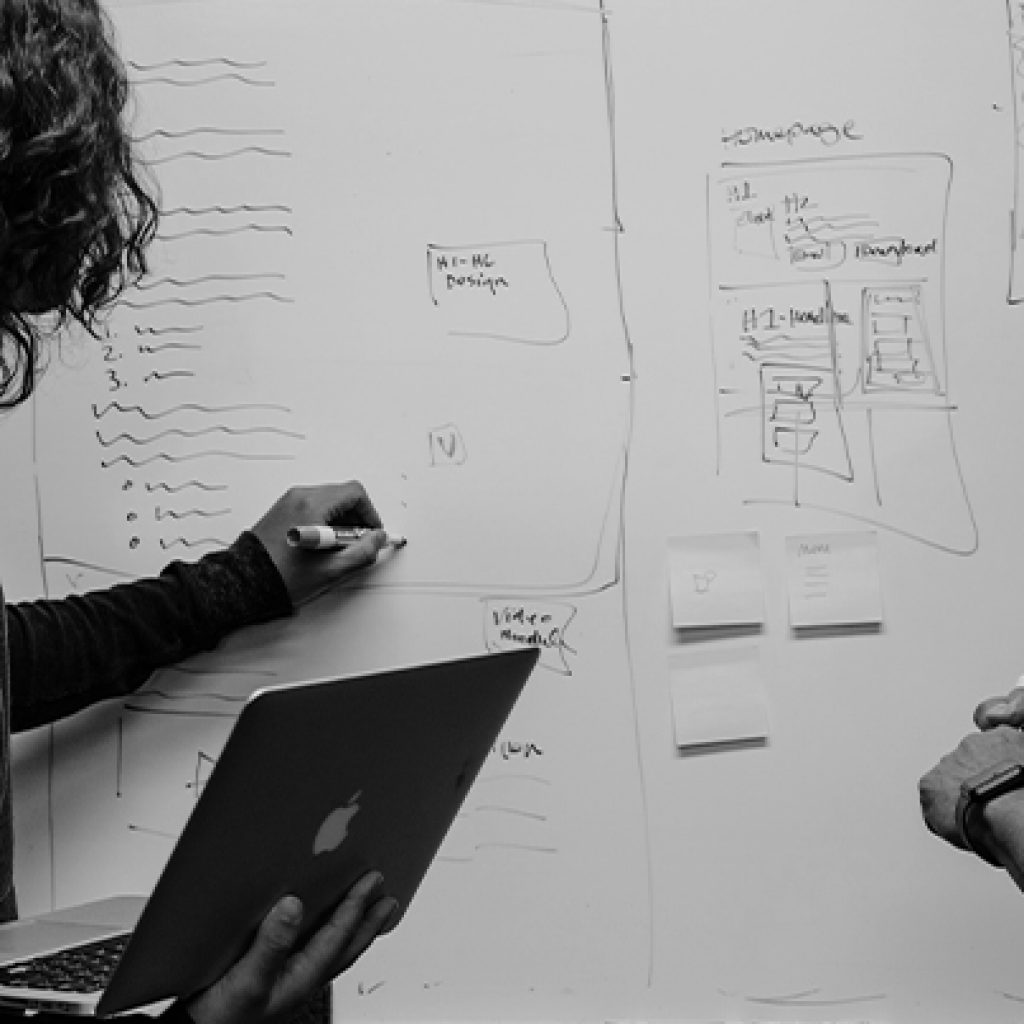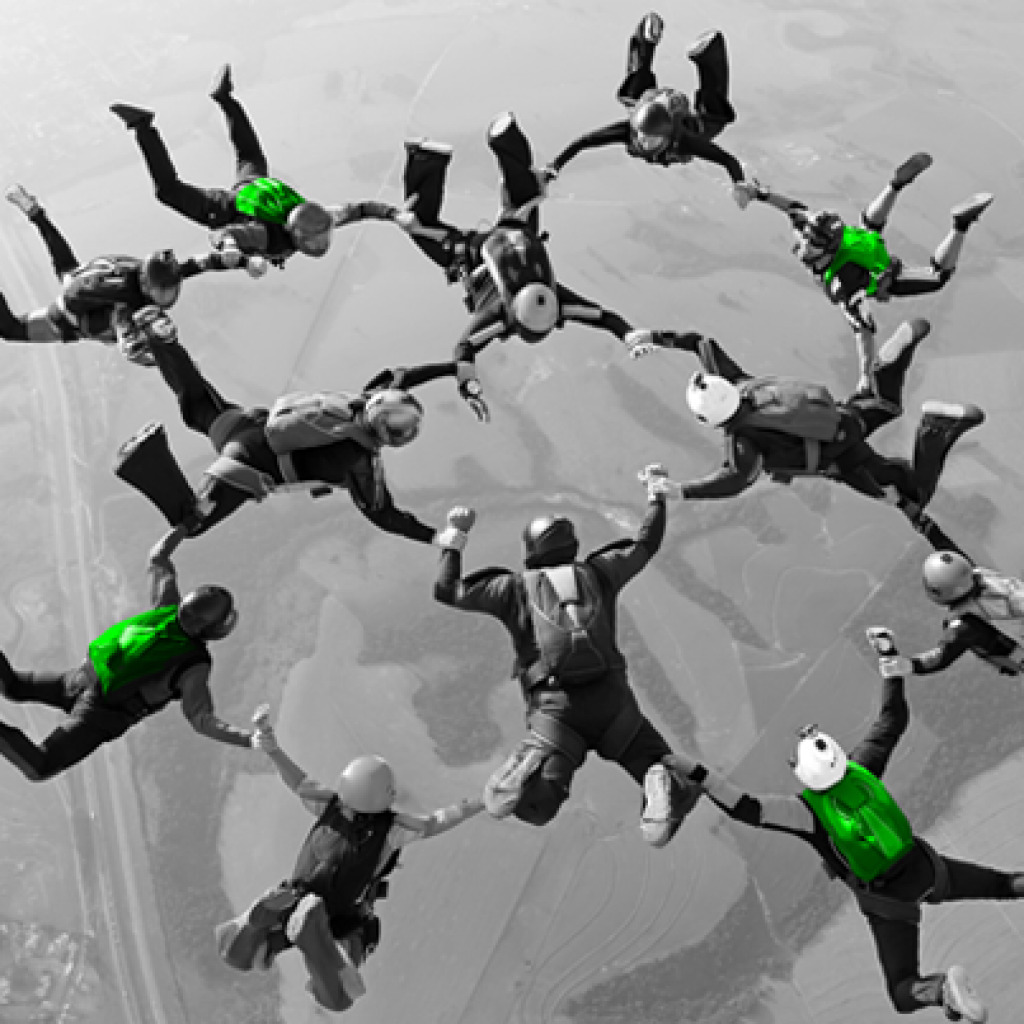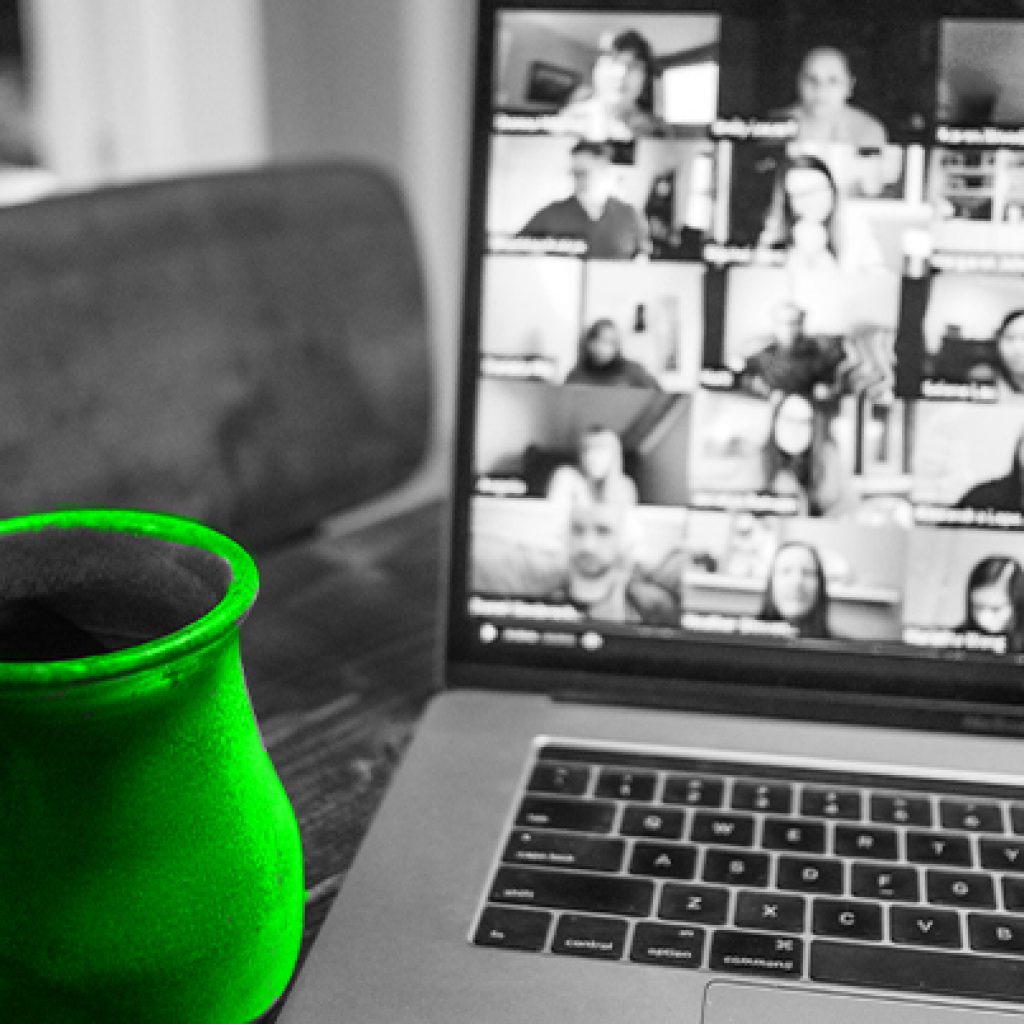
In our new ‘Spotlight On’ series, we sat down with Clare, one of our longest serving Optimisers, to talk about her background, all things consulting, and why it’s important to choose the right person for business support.
Hi Clare. Can you start by introducing yourself and giving a brief overview of your background and consulting experience?
I first started working in IT consulting and then I was co-founder of a business I ran for 20 years. Within my business I was responsible for leading teams delivering software and IT infrastructure services to customers. We also did an awful lot of business change and transformation, as well as the technical delivery of projects and services.
Since then, I’ve done some technical project delivery and I’ve been an interim COO and CTO, but it’s not technology that interests me the most. It’s more the business change, the business design, service design, operating model design that I love. So, those are the things that have driven my interest and what I’m more likely to be involved in these days.
How do you approach finding solutions / problem solving for your clients?
I think there’s two parts to it. There is listening and also harnessing what the people in an organisation already know, because typically there are lots of people who’ve been worrying and thinking about these problems for a long time. And often they are the ones with some of the answers, but there’s usually many reasons why nothing’s moved forward.
Consulting is interesting because quite often it seems easy to sort of ‘helicopter’ in and say what you should do is XY and Z, but often someone in the organisation says: I said that three years ago! So, I think being successful at consulting means joining up some of those dots and using the people who are subject matter experts of their organisation, their people, their processes and the technology they have right now. Then you bring in the second ingredient, which is your experience and expertise from other customers, other industries, and you fuse them together to come up with new, different and more successful approaches, including the implementation, which is often where designs fail to translate into sustained impact.
Can you share any success stories where your services / expertise made a significant impact on a business?
A client in the entertainment business was making a big transformation to the cloud and the way the organisation was structured was that they had lots of business units that were part of the wider group. They’d acquired these businesses over the years, so of course they all came with their own software teams and way of working. This transformation was about the need to modernise their infrastructure and practices; to reduce operating risks and create a sustainable, scalable platform for their business going forward.
Our job was to design the operating model, describe the changes that would occur once they’d moved to the cloud and identify the actions, they needed to undertake to adopt these changes. Because teams had zero time to engage with us, we had to have a very adaptive approach to how we worked. We used a model called: Crawl, Walk, Run, started with a big exercise to understand the current situation and then we worked with the IT team to help describe what the future would look like, recognising that it would involve a maturity journey to fully adopt the new operating model. That enabled us to learn the best way of working and communicating with the other teams.
When we started, I think people had expectations of lots of incredibly detailed documents, but we knew nobody would read them, so our goal was very outcome focused: how do we get the engagement we need for people to tell us what this change is going to look like? And how are they going to use the work we are doing after we’ve gone? We gathered information through one-to-one meetings, analysed and translated what we’d heard, and then we presented it back visually to check we’d understood correctly.
So, our approach was very interactive, grabbing 30 mins here and there, meaning we didn’t have to spend hours with people. We optimised the way we worked with them to get the information we needed, and then we socialised it with all the businesses, using the same iterative approach with our visual presentations that had links to more detailed information. We also created and provided a self-assessment tool for them to evaluate their readiness and see where their gaps were. We found this was a very active way of helping teams understand the scale of the problem they had. I think giving people the tools to constantly evaluate where they were meant that they could better manage this journey over the 18-month period.
They said they never could have anticipated that they’d have such a useful set of tools to help them do this, rather than just the description of what the operating model was. This is a great example of one of our values, we are outcome obsessed: thinking about our customers being able to use what we’ve done long into the future.
What sets smart/tasking’s consulting services apart from others?
We listen to people to harness what they already know. And we focus on outcomes and what outputs are needed to support those outcomes. We are always thinking with the end in mind – how the customer can use what we’ve done when we leave to be better, more efficient.
How do you personally stay up to date on the latest trends / developments happening in the industry?
I’m a hoover for interesting and inspiring ideas. Though I don’t think consulting is about always inventing new things. For me it’s about blending and fusing together things that have been successful in new and better ways.
I follow the big consulting firms who generally have their fingers on the pulse in terms of new trends. And apart from the real time experience I’m getting with each new customer I work with I read a lot, I currently have many, many books waiting to be read on my Kindle!
Can you share the titles of some of them?
Unconscious Bias
How Leaders Get Things Done
How to Listen with Intent
Transformation Sprints
Difficult Women
Start with Why
That’s just a few!
What advice would you give potential clients looking for consulting services?
Often there’s an obsession about consultants needing to have worked in a client’s industry, and I accept that up to a certain point, particularly where there are compliance or legislative requirements. But I think that it can be a lost opportunity to not think about applying learning and successes from other industries, because frankly businesses are not as different as they think they are.
Exactly how do you harness the opportunities and the successes from other industries if you constrain yourself to people who are in an echo chamber? I think industry knowledge is useful, but you can research a lot of that. Do you like the candidate? Do they have a great track record? Are they experienced? Will their approach and the outcomes they deliver really help us improve and achieve our goals? Will they leave us able to practically use what they have delivered? Those are more important questions.
What do you love most about the work you do?
If you boil it down, my work is generally all about people, processes and technology, and at the end of the day most of the problems come down to people and processes because the technology bit is actually quite straightforward.
The reason projects fail is that typically businesses put the tech first and forget, or don’t put enough emphasis on the people and processes bit. So, your ability to exploit the investments that you make is hindered by a lack of attention to those two areas. I’ve been saying this for 30 years, but it is the bit I enjoy the most – getting people working together to solve problems – everything is technically solvable in my eyes. I get the most satisfaction when a client not only thinks we have done a good job, but they feel confident they can take what we have delivered and use it themselves for lasting impact – this is a great outcome!
Check back next month when we’ll be speaking to Alex Buchanan, another of our smart/tasking optimisers for our second Spotlight On!
More insights:









